Dry Winter Skin Doesn’t Stand a Chance Against These Expert Tips



Elizabeth Denton


You know what’s even less of a fan of frigid winter months than you are? Your winter skin! Brisk winds, dry air, and cold weather all wreak havoc on your skin barrier by compromising hydration levels—and it isn’t just the dry air outside that’s messing with your skin. Staying inside can also cause dryness.
“In the winter when our skin becomes dry, it is because it has lost too much water. In addition, indoor heat, which also tends to dry out the skin, adds to the problem,” says Julie Algier, board-certified esthetician at Ject NYC. So, what can we do when the winter temps turn our face dull and dry but indoor heat and hot water are just making it worse? Don’t stress. We turned to the pros for expert tips to boost hydration and keep your skin soft and smooth year-round.
It's about glam time you treated yourself.
Join IPSY

MEET THE EXPERT
Julie Algier, LE, is a board-certified New York state–licensed esthetician at Ject NYC, an NY-based salon specializing in medical-grade treatments with locations in West Village, Upper East Side, and Bridgehampton.
Hadley King, MD, is a board-certified dermatologist in NYC who specializes in medical and cosmetic dermatology. She is also a clinical instructor of dermatology at the Weill Medical College of Cornell University.
1. Moisturize
When the winter temperature drops, it’s a good idea to swap out your skincare products for more hydrating, nourishing formulas. Your daily moisturizer and body lotion are great places to start, especially if you’re suffering from dry, itchy skin. Opt for a thicker formula than you do in the summer. All your lotions should contain key ingredients, like ceramides and hyaluronic acid, that work to strengthen your skin barrier and lock in hydration. Skin conditions such as psoriasis,
dermatitis, and eczema can flare up in the cold weather, so hydration is a must. We love PROVINCE APOTHECARY SKIN CARE Healing Eczema Balm for calming our itchiness and inflammation caused by dry skin.
“Moisturizers ideally contain three components: humectants (glycerin, hyaluronic acid), emollients (ceramides, squalene) and occlusives (lanolin, mineral oil),” says Hadley King, MD, NYC-based dermatologist. Dr. King tells clients to reach for a formula that contains all three for best results. In addition to swapping out the products you use in your daily skincare routine, it’s best to moisturize multiple times a day to keep your skin protected.
2. Exfoliate
In order to keep healthy skin smooth and flake-free, you have to slough off dead skin that can clog pores and leave you with a dull-looking complexion. “Gentle exfoliation can help to remove dead skin cells, leaving the skin looking more vibrant and also helping ingredients like humectants and emollients absorb better, leading to better moisturized skin,” says Dr. King.
While exfoliating is an important part of your skincare routine, be careful not to over-exfoliate. Algier tells clients to exfoliate two to three times a week—max. “Just make sure you’re not scrubbing your skin, [but instead] you’re massaging it,” she says, in order to avoid damaging your skin barrier. Opt for a gentle exfoliating cleanser like GROWN ALCHEMIST Polishing Facial Exfoliant, especially if you have sensitive skin. When using chemical exfoliators, your skin can be more sensitive to the sun so be sure to wear sunscreen every single day, (even in the winter), to keep your skin protected from free radical damage and skin cancer caused by the sun’s harmful UV rays.
Exfoliating isn’t just for your face, either. The skin on your body deserves some extra TLC. Go for a gentle body scrub or DIY your own with ingredients you already have at home. Dr. King recommends mixing equal parts plain, unsweetened yogurt and oatmeal until you create a paste. “The lactic acid in the yogurt adds mild chemical exfoliation in addition to the physical exfoliation,” she says.
3. Ditch Hot Showers
As relaxing as it may feel to take a hot shower after a long day, hot water can further dehydrate your skin. “High heat can strip the skin of its essential moisture and hot showers and baths can inflame the skin and cause redness,” says Algier. Instead, choose lukewarm water when showering and limit being in the hot water to 10 minutes. To boost hydration, you can also swap out your summer body cleanser to a more oil or cream-based one, like one of our go-tos, REFRESHMENTS Pearly Body Wash.
4. Swap Out Your Cleanser
“Use a gentle, fragrance-free cleanser and avoid foaming cleansers that strip the skin,” says Algier. When looking for a new face wash, it’s important to opt for a moisturizing cleanser and to adjust your daily routine. Use lukewarm water (not hot water), and “pat skin dry with a warm towel,” Algier says. This winter skincare routine is all about not stripping your skin of natural oils. Skin shouldn’t feel dry and tight before you apply products, which you want to put on pretty quickly for max results. “Try to put the product on within five minutes of a bath or shower,” says Algier.
5. Use a Humidifier
Just like outdoor winter weather can wreak havoc on your skin, so can indoor heat once you step inside. To infuse some much-needed moisture in your environment, sleep with a humidifier to up the humidity levels in your home. “By increasing the humidity of the air in your environment, you will lose less moisture from your skin into the air,” says Dr. King. Invite the humidity in and your skin will thank you. “Close the doors in your room to trap in that water, creating your own humid environment,” Algier recommends.
6. Change Your Diet
What you eat has a direct impact on your skin, so make an effort to hydrate throughout the day with water and incorporate healthy fats into your diet, (which you get from walnuts, olive oil, and avocados, to name a few). “Omega 3 fatty acids can help contribute to skin barrier function,” says Dr. King. You’ll also want to stay away from coffee and wine (as much as possible!), because they are diuretics that contribute to skin dehydration.
7. Don’t Neglect Your Hands
Be kind to your hands! The past few years have not been easy on them. Frequent hand washing and hand sanitizer use can make your hands feel drier than ever, so restoring some moisture with a thick hand cream, like MISCHO BEAUTY Hand Créme is crucial—especially as we prepare for cold, dry winter weather. For extra hydration, pop on some gloves and allow the lotion to really sink into the skin. And on that note...
8. Don’t Forget Your Lips
The delicate skin on your lips is more prone to dryness in harsh winter weather. While you sleep, the dry indoor heat, coupled with breathing through your mouth, can leave your lips dry and cracked come morning. And let’s not even discuss how our pout feels after walking in the brisk wind. In order to protect them, you should incorporate a hydrating lip balm, like ECO LIPS
Protect Lip Balm, into your evening skincare routine to restore moisture while you snooze and as needed throughout the day.
Want in on all the IPSY fun? Take our Beauty Quiz now to get started with your own IPSY beauty subscription. Already an IPSY member? Refer your friends to earn points, which you can use toward products. Either way, don’t forget to check us out on Instagram and TikTok @IPSY.
Like this article? Share it with your friends by clicking the icons below!
Liked this post? Share!
Related Stories

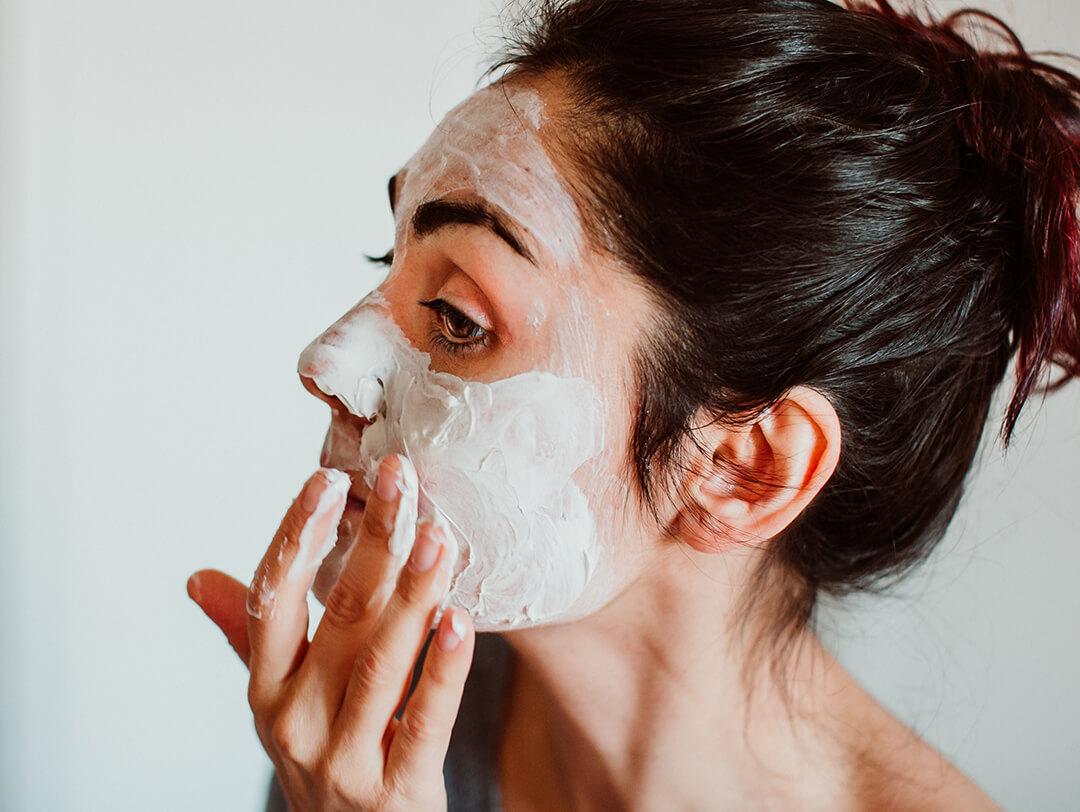
Skin
22 Amazing Vegan Skincare Brands You Have To Try
Published on Nov 2, 2021


Skin
Who Needs a Pro Spa Day? These Tips Will Help You Create the Ultimate DIY Home Spa
Published on Sep 17, 2021
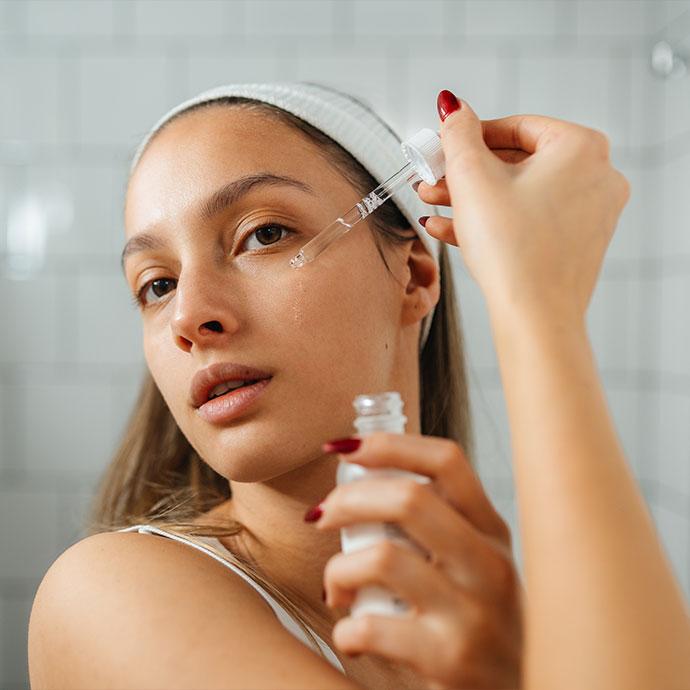
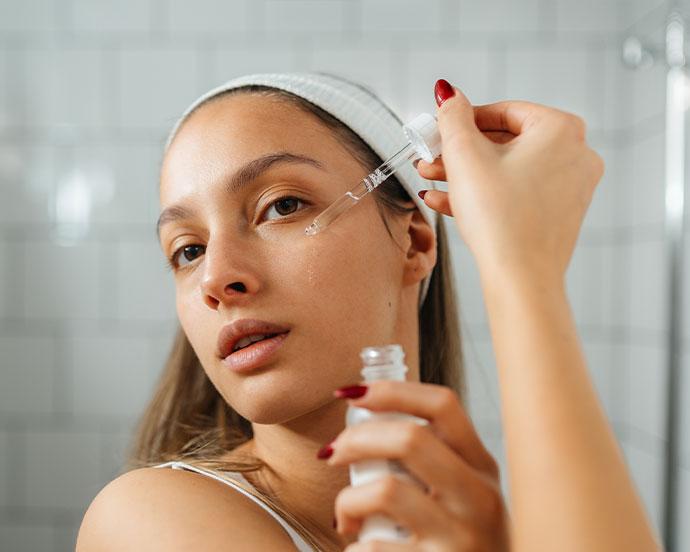
Skin
Rebound Hydration Is the Skin Reset Your Barrier’s Been Asking For
Published on Jan 28, 2026 • 3 min read


Skin
The No-BS Skincare Movement Starts With DIEUX SKIN
Published on Jan 27, 2026 • 4 min read


Skin
Skinimalism Is the Ultimate Stripped-Back Skincare Trend
Published on Jan 22, 2026 • 6 min read


Skin
Spring Is Coming—Is Your Skincare Ready?
Published on Jan 15, 2026 • 4 min read
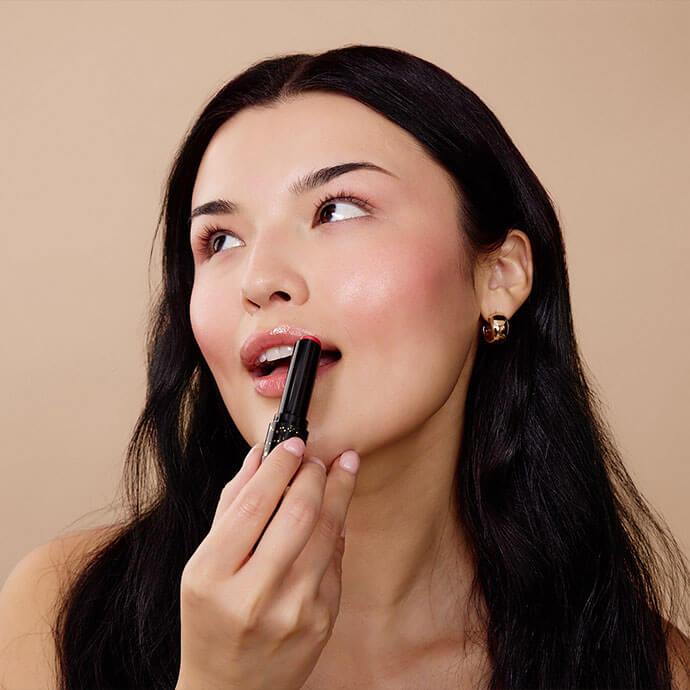
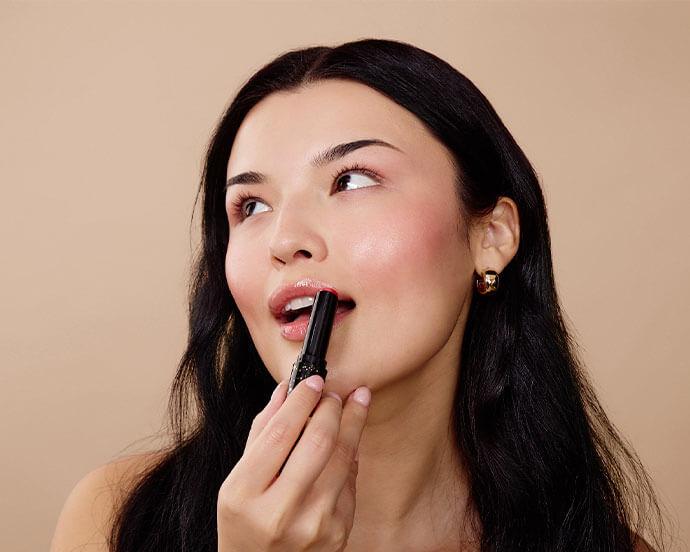
Skin
The Hydration Sandwich Trend Will Save Your Dry Lips This Winter
Published on Jan 13, 2026 • 4 min read


Skin
What Is the Skin Barrier & Why Is Everyone Talking About It?
Published on Jan 12, 2026 • 6 min read


Beauty Picked Just for You
Get 5 products worth up to $70
Plus exclusive access to epic deals up to 80% off
Starting at just $14/month. Cancel anytime.